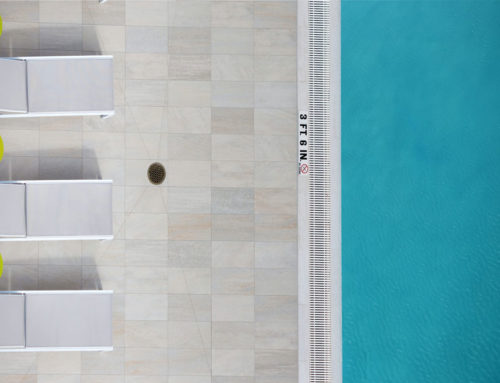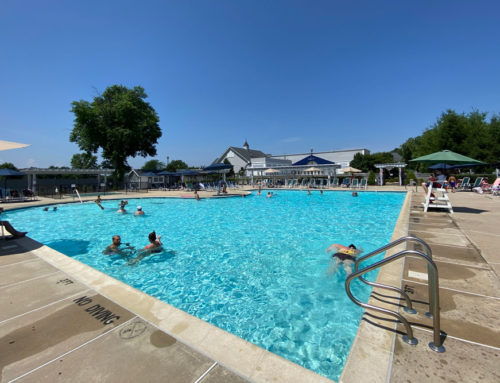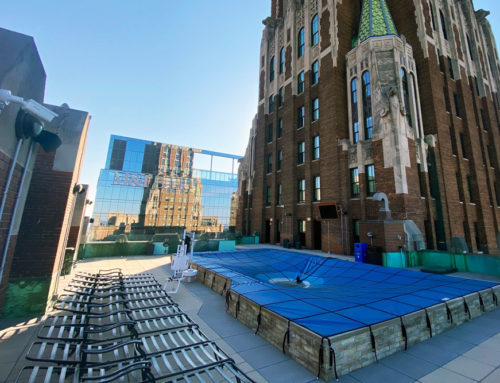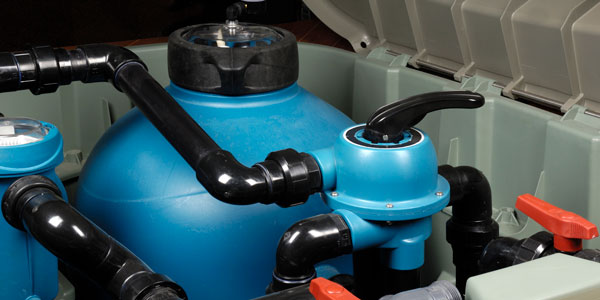
The aquatics industry is getting some new swimming pool pump guidelines from the federal government. The new pool pump regulations will affect pumps of most sizes, especially in-ground pool pumps. But how much will it affect you? That depends — keep reading to find out more.
What’s this all about, anyway?
Beginning on July 19, 2021, the United States Department of Energy will begin regulating newly manufactured pool pumps to increase energy efficiency in pools throughout the country.
All pool pumps manufactured after the new regulations take effect will be rated by their Weighted Energy Factor (WEF). This is comparable to a car’s fuel efficiency. So it’s helpful to think of WEF in a similar way the vehicle industry uses MPG. The more water the pump is able to turn over for less energy, the higher the WEF rating.
The WEF is graded compared to the pump’s hydraulic horsepower (HHP). It’s a better efficiency measurement than total horsepower (THP) because HHP is directly proportional to the flow rate.
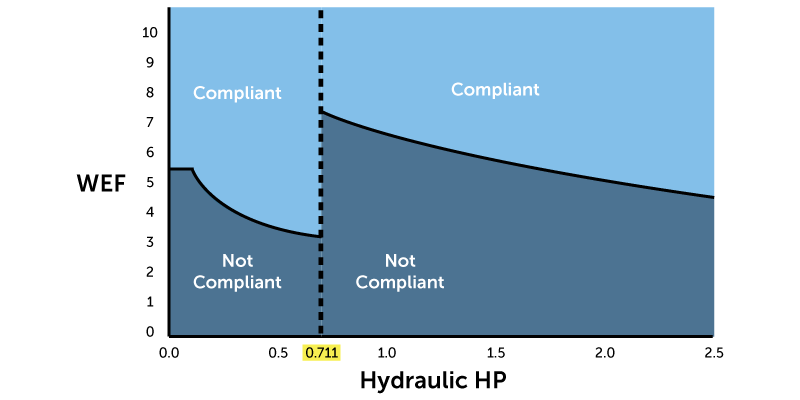
Now some pool pump models won’t have performance requirements, namely:
- Integral cartridge filter pool pumps
- Integral sand filter pool pumps
- Electric spa pumps
What does this mean for my pool?
Great question. Pentair has put together an awesome FAQ breakdown, but we’ll also recap it here.
If you’re worried that this means you need to re-outfit your pool with brand new pumps before opening this season, you can relax. All existing and in-use pool pumps are grandfathered in, according to the DOE. But newly manufactured pumps must meet these new requirements starting July 19.
Now, this doesn’t mean you won’t be able to buy single-speed pumps anymore because many built before the deadline will remain in distribution. But frankly, it still makes more sense than not for you to upgrade to a variable-speed pool pump within the next few swim seasons if you haven’t already done so. The biggest reason why would be energy savings, and variable-speed pumps provide a lot of them.
The DOE projects the new regulations will reduce pool pump energy usage by 61% within the next 30 years. Single-speed pump models and replacement parts will very likely be harder to come by, and probably even take a step backward compared to quality variable-speed models.
So if you’d rather get your pool ahead of the curve and stop paying so much to operate your pool pump, now is the perfect time to consider purchasing a new, more efficient pool pump instead.

